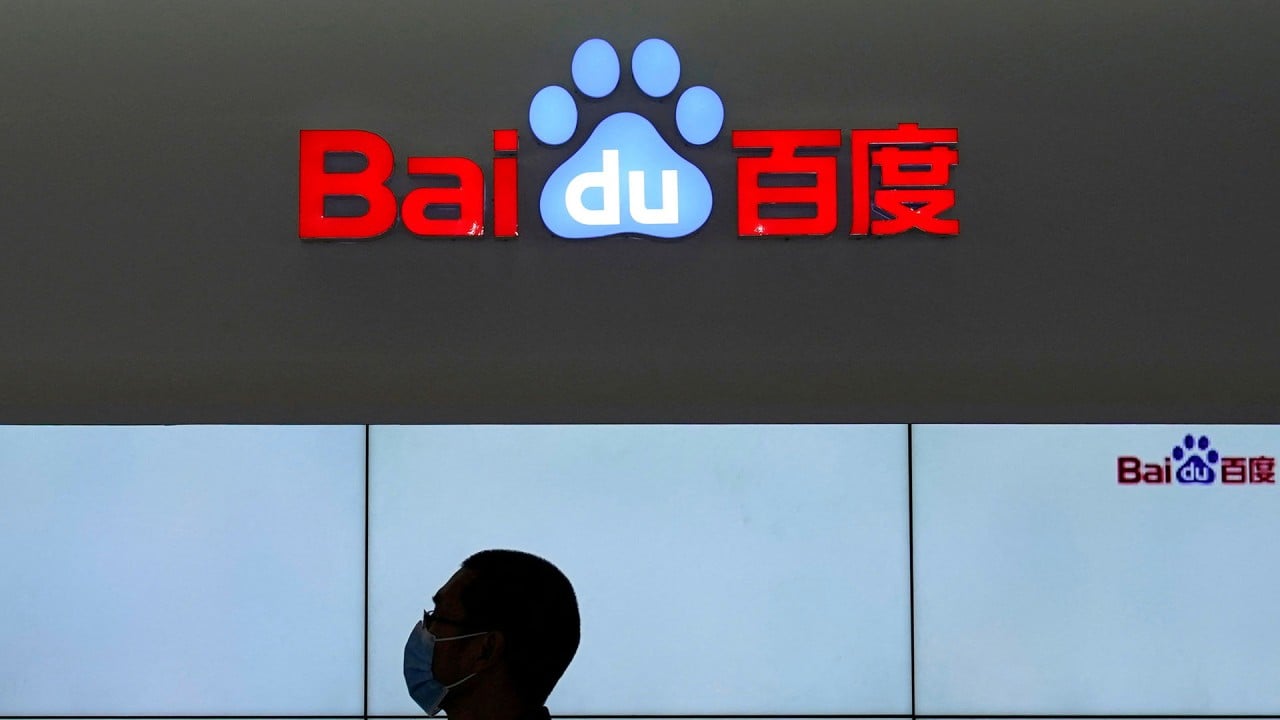
AI technologies will leave 800,000 Hongkongers out of work or looking for new job by 2028, says recruiter
- Data entry clerks, admin staff and customer service representatives are likely to bear the brunt, says the report by IT recruiter Venturenix
- ‘As AI applications penetrate into various industries, even traditional high-paying professions such as lawyers and translators are affected,’ it adds
AI-based technologies will affect about 800,000 employees, or 25 per cent of the city’s total workforce, according to the 2023 Hong Kong Salary Guide published on Wednesday.
The huge popularity of ChatGPT, a so-called large language model released to the public by Microsoft-backed OpenAI late last year, has heightened fears of massive job losses because it and similar technologies have the ability to converse like humans.
“The number of jobs [affected] is not a surprise because AI and other new digital technologies are bringing big changes to many industries,” said Yin Ran, an angel investor in Shanghai. “To be honest, it is not easy to name an industry that will not be affected by AI.”
Many Hong Kong companies are now asking employees in positions that previously did not require IT experience to learn to use ChatGPT, according to Venturenix.
“Employees in non-technical positions who do not understand how to use AI, or even do not understand programming code, will gradually be eliminated in the next few years,” said Dicky Yuen, a director with the Hong Kong-based recruitment firm.
“Employees who understand AI and can better integrate AI into work processes will greatly improve work efficiency and have higher salary increases and promotion opportunities than employees who do not understand it.”
In 2018, the Boston Consulting Group (BCG) estimated that 2.3 million finance industry employees in mainland China were likely to either lose their jobs or be reassigned to new roles by 2027 as AI technologies encroached.
That would represent 23 per cent of jobs in the country’s banking, insurance and securities sectors, BCG said.
Venturenix also found that Hong Kong faced a severe shortage of IT talent.
About 4,000 IT professionals are seeking employment each month, but there are as many as 7,400 vacancies in the sector, it said in the report.


